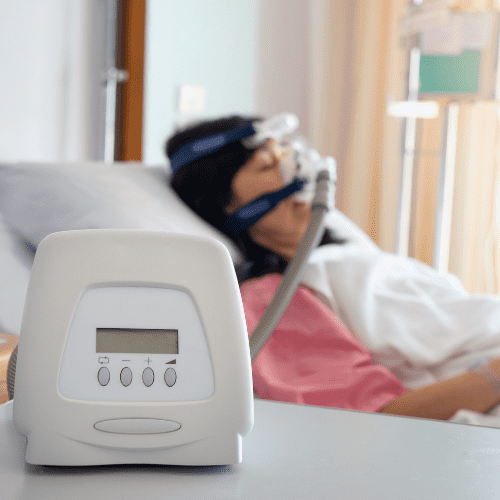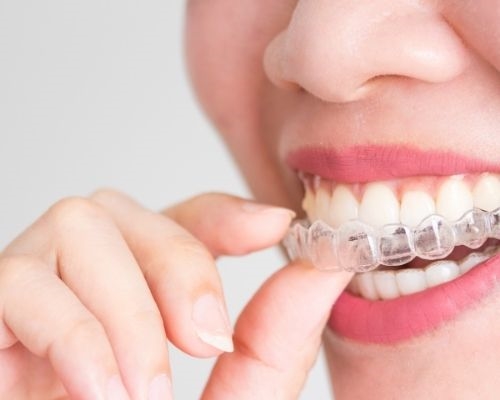
SLEEP APNEA
Home / Sleep Apnea
SLEEP APNEA TEST
What are the symptoms of sleep apnea?
Sleep is an integral part of a healthy life, so seek care for any changes that disrupt your ability to get adequate rest on a routine basis.
SLEEP APNEA Test Today
Don’t Suffer & Breath
Better Today
1. REVIEW / TEST / IDENTIFY
Take Our Sleep Apnea Survey
2. TECHNOLOGY / REJUVENATION
Quality
Oral Appliance Therapy – Say Yes
The standard treatment for obstructive sleep apnea is a CPAP machine, which forces patients to wear a bulky mask over their face at night as air is forced into their lungs via a noisy machine. This makes it exceedingly difficult for patient and their partner to sleep.
At Dental Arts of Huntley, Dr.Bansal has advanced training in sleep apnea and familiarity with the latest treatment technology. One of the most powerful ways to treat this condition is to alter the position of your jaw during sleep by a intra oral appliance. The device works by gently supporting your jaw in a forward position during the night, which keeps your upper airway open.
In mild to moderate cases, an Intra Oral appliance can be especially useful in treating this life-threatening condition. Oral appliances are small, convenient, and fit right in your mouth, allowing you and your partner to sleep better. Oral appliance is also very handy for those who travel frequently as it can fit right in your bag and you do not have to carry a big CPAP machine with you.
If you would like to learn more about how a sleep appliance works and whether this or other treatment options might be right for you, schedule an appointment today. You can book your sleep apnea consultation online or by phone.



Frequently Asked Questions
Sleep apnea is a sleep disorder characterized by interruptions in breathing that occur throughout the night. Some men and women with sleep apnea stop breathing hundreds of times each night. That not only disrupts your rest, it can also deprive your brain of oxygen.
Most cases of sleep apnea occur when the muscles located in the back of your throat relax as you sleep. That causes your airway to narrow, making your body work harder to get enough air to your lungs and into your blood. When your brain senses a breathing problem, it fires an alert. That response happens very quickly, but it is enough to disrupt your sleep many times each night.
Left untreated, sleep apnea increases your risk of diabetes, depression, heart disease, hypertension, and stroke. Unfortunately, many people live with sleep apnea for many years before they receive an accurate diagnosis.

